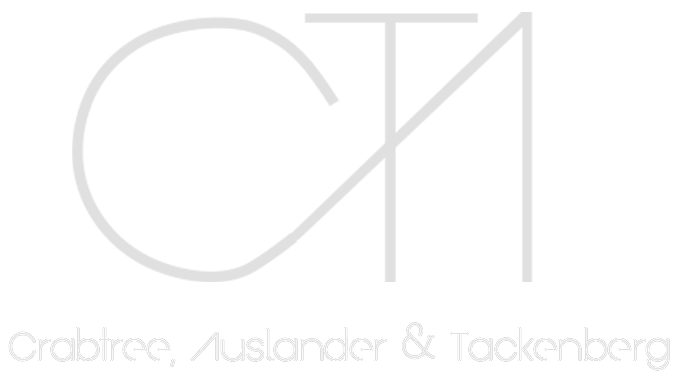By Linda Chiem
Law360 (April 9, 2018, 3:46 PM EDT) — A certified class of drivers accusing Uber Technologies Inc. of improperly taking a cut of their fares by instituting a $1 “safe rides fee” moved Friday to seek punitive damages against the company and slammed Uber’s attempt to split off that portion of the case.
Lead plaintiff Chuck Congdon and the class of drivers, which scored class certification and a summary judgment win just last month, filed a motion asking U.S. District Judge Yvonne Gonzalez Rogers for the right to start punitive damages discovery and to determine whether the proceedings should be bifurcated.
“No reasonable person can now dispute that Uber wrongfully interfered with the drivers’ possession of their fares, caused the drivers harm and is liable to them for conversion,” the drivers said in their motion. “There is also ‘no question that punitive damages may be recovered in an action for conversion.'”
The drivers fired back at Uber’s position that California Civil Code § 3295 applies in the instant case to mean that “before punitive damages discovery can be taken, plaintiffs must make ‘a prima facie case of entitlement to punitive damages … by showing malice, oppression or fraud by clear and convincing evidence.'”
They argue that Uber is “mistaken” and insist that there’s no reason to delay punitive damages discovery.
“Uber’s broad-brush bar on ‘punitive damages discovery’ is stunningly misplaced,” the drivers argued, insisting that Section 3295 is a state procedural statute that has absolutely no applicability to proceedings in federal court.
“Uber’s position ignores both the Federal Rules of Civil Procedure and substantial federal case law that authorizes discovery of such punitive damages information when cases are pending in the federal courts, without any such threshold determination,” they added.
The drivers also asked the court to reject Uber’s request to bifurcate the punitive damages portion of the case.
“Given that liability has been fully determined, and all that is left to be decided in this case are issues surrounding compensatory and punitive damages — issues the Ninth Circuit has said should normally be tried together — there is no need for the court to bifurcate the proceedings in this case,” they said.
The drivers launched their suit in May 2016 alleging that at the time Uber instituted the “Safe Rides” program — which was part of a marketing campaign to assure riders that Uber drivers are properly vetted through background checks — nothing in its contracts with drivers would have allowed it to pass the expense of the program on to the drivers. Those driver contracts did, however, provide that, by emailing drivers and announcing changes in “fare calculation,” Uber could change the terms of the contract.
After Uber pushed for arbitration, Judge Rogers ruled in December 2016 that drivers who signed arbitration agreements had to arbitrate their claims against the company, but she kept intact claims brought by approximately 9,700 drivers who opted out of arbitration when they started driving for Uber.
In March, Judge Rogers certified the class of drivers and granted their motion for summary judgment, saying that Uber had taken more than its contractually agreed-upon share of “minimum fares,” which cost the rider $4, when it took the $1 safe ride fee out of the driver’s cut without tacking it onto the rider’s bill.
Counsel for the plaintiffs could not be immediately reached for additional comment Monday. Uber declined to comment.
Congdon and the class are represented by John G. Crabtree, Charles M. Auslander, Brian C. Tackenberg and George R. Baise Jr. of Crabtree & Auslander, Andrew A. August of Browne George Ross LLP and Mark A. Morrison of Morrison and Associates.
Uber is represented by William L. Stern, Claudia M. Vetesi, Alexandra E. Laks and Lucia X. Roibal of Morrison & Foerster LLP and by in-house counsel Ariel F. Ruiz.
The case is Congdon et al. v. Uber Technologies Inc. et al., case number 4:16-cv-02499, in the U.S. District Court for the Northern District of California.
–Additional reporting by Dave Simpson and Dorothy Atkins. Editing by Janice Carter Brown.



